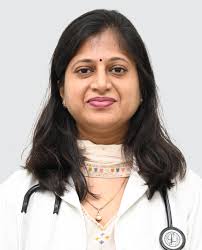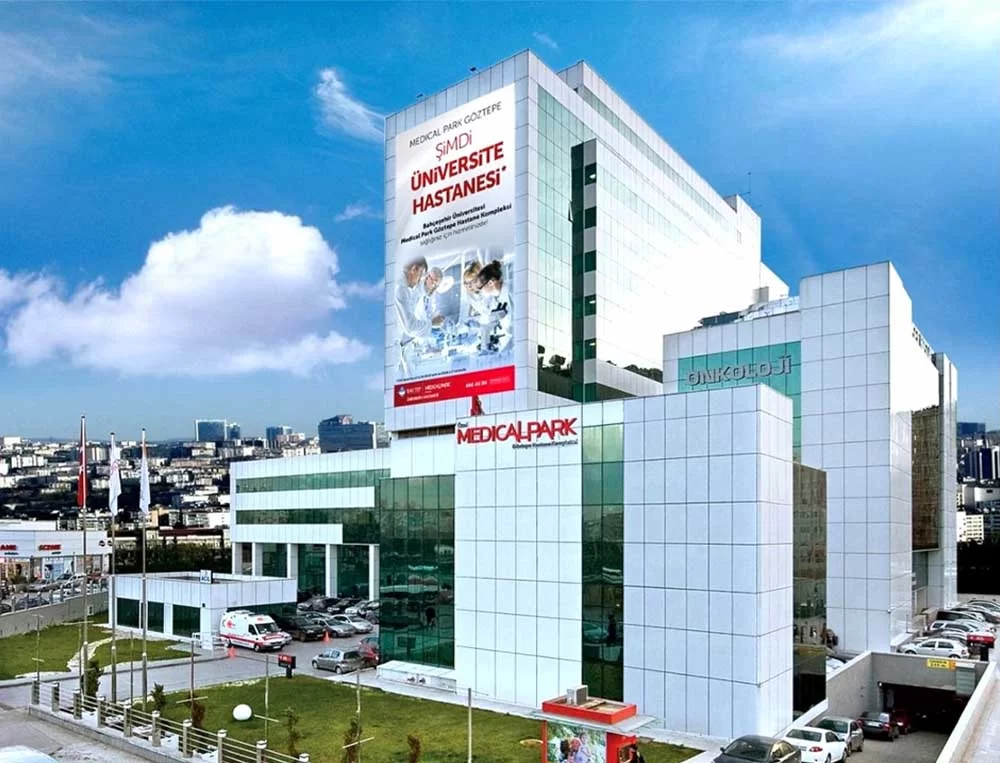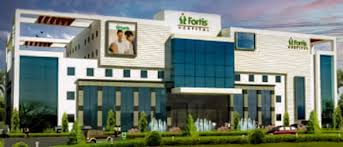Transplant
Heart Transplant in India
Heart Transplant
GetwellGo offers world-class heart transplant services, ensuring expert care, state-of-the-art facilities, and seamless support for international patients
- Heart transplants now rank as the third most common organ transplant performed worldwide.
- India stands out as a model of medical excellence, with its combination of state-of-the-art equipment, skilled surgeons, and cost.
- India has emerged as a major global hub for heart transplants.
- Because heart failure is the leading cause of death worldwide (32% of all fatalities), prompt medical attention is necessary owing to the heart's deteriorating ability to pump blood efficiently.
- Indian surgeons use modern technology to draw both domestic and foreign patients to India for heart transplants.
- Patients now have newfound hope and a higher quality of life due to their skill and state-of-the-art facilities, which make this difficult procedure more accessible.
Heart Transplant
A heart transplant, also known as a cardiac transplant, is a surgical technique used to replace a damaged or malfunctioning heart with a donor heart that is healthy. The donor must be deemed brain dead by two or more doctors before the donor's heart can be removed.
Advanced heart failure necessitating Heart Transplant
When advanced heart failure cannot be adequately treated with standard medical care, a person needs a heart transplant. When the heart’s ability to adequately pump blood is impaired owing to damage or weakness, this condition of heart failure occurs. Breathlessness and intense exhaustion become increasingly frequent. In these situations, a heart transplant gives the patient a second chance at life by swapping out the failing heart for a healthy donor heart that has passed away.
Conditions requiring Heart Transplant
- Myocardial infarction (heart attack)
- Pulmonary hypertension
- Viral heart infections
- Irregular heart rhythms
- High blood pressure
- Heart valve problems
- Failure of previously done heart transplant
- Chronic lung disease
Heart Valve replacement in India
Valve replacement is used to treat heart valve disease or dysfunction. Heart valve replacement is required when a problem called stenosis (narrowing) or regurgitation (insufficient closure, resulting in leakage) compromises the heart valves.
There are two main methods for replacing heart valves:
Mechanical Valve Replacement: In this method, synthetic valves made of robust materials like metals or carbon composites are implanted. Mechanical valves have accurate blood flow control and long-term durability. Nonetheless, in order to reduce the risk of thrombotic problems, recipients of mechanical valves must continue anticoagulation medication for the rest of their lives. Replacement of Biological valves: Bioprosthetic or biological valves are made from donor human or animal tissue, usually from pigs or cows. Unlike their mechanical counterparts, these valves do not require anticoagulant medication, but their lifespan is shortened. Biological valves are frequently the chosen option for elderly people or those who cannot take anticoagulant medication.
Heart Transplant: Pre, During and Post Procedure
Before the procedure:
A variety of factors are considered by the cardiologist in order to establish a patient's eligibility for a heart transplant.
- Psychological and social evaluations; concerns like stress, finances, and family support need to be addressed well in advance of the treatment.
- A blood test will be used to assess the quality of the donor match.
- Diagnostic tests: tests include computed tomography, ultrasound, x-rays, lung function tests,ECG.
During Heart Transplant Procedure:
- You will receive anesthesia to induce unconsciousness and put you to sleep just prior to the heart transplant in India.
- Surgeons use open heart surgery to perform heart transplant procedures.
- First, the rib cage is opened by making tiny, three to four inch incisions in the chest.
- During the procedure, doctors employ a heart-lung machine to maintain blood and oxygen flow to your body while your heart is momentarily stopped.
- After the procedure is finished, the surgeon replaces the patient's damaged heart with a healthy donor heart at the transplant site.
- The major vessels are connected to the replacement heart, but the aorta, the main artery, and the pulmonary arteries are not.
- As soon as blood flow is restored, the replacement heart begins to beat.
- If the blood flow is blocked, an electric shock is administered to ensure that the replacement heart beats correctly.
After the Heart Transplant Procedure
In Hospital: Following surgery, the patient is transferred to the intensive care unit (ICU) where he will be hooked up to monitors that record his blood pressure, breathing rate, blood oxygen level, and EKG readings.
- To help with breathing, a tube that is connected to a ventilator will be inserted into the patient's throat.
- Frequent blood samples will be obtained to monitor the functioning of the prosthetic heart.
- Immunosuppressive medication will be administered and constantly monitored.
At Home: Maintaining a clean and dry surgery site after returning home is crucial. It is suggested that a patient not drive. Following the procedure, there will be follow-up, which can involve a biopsy, X-ray, and blood test.
Heart donation in India
Heart donation in India is extremely useful to those who require heart transplant surgeries to regain their health. However, the supply of donor hearts is still a challenge owing to poor organ donation uptake and identification of potential hearts for transplantation. Mostly they involve people who are legally viewed as dead, and the family of the deceased agrees to the action. The Indian government along with the help of different organizations is creating awareness and participation in organ donation campaigns. Making efforts in the awareness and education of the public about organ donation is imperative for the success of heart transplants.
Factors Affecting the Heart Transplant Cost in India
The following elements will affect how much a heart transplant in India will cost:
- Cost of lodging and hospital
- The surgeon's qualifications and background
- Physicians, surgeons, anesthesiologists, physiotherapists, special nurses, dieticians, and other healthcare professionals charge fees.
- The price of diagnostic testing
- The price of prescription drugs
- Duration of hospital stay
- Outpatient care facilities
The success rate of Heart Transplant in India
- Because of improved technology, the success rate of heart transplants in India has climbed significantly to 95%.
- More foreign patients are now seeking heart transplants in India as a result of this breakthrough.
- 88 percent of heart transplant recipients in India make it through the crucial first year following their procedure, and 75 percent still function well five years later.
- India's concentration on giving the best cardiac care possible, along with its highly skilled medical staff and well-equipped facilities, may be responsible for this positive outcome.
Best Heart Transplant Hospitals in India
- Fortis Escorts Heart Institute, Gurgaon
- Medanta Hospital, Gurgaon
- Artemis Hospital, Gurgaon
- Max Saket Hospital, Delhi
- Apollo Hospital, Chennai
Top Surgeons for Heart Transplants in India
- Dr. Z S Meharwal
- Dr. Naresh Trehan
- Dr. Anil Bhan
- Dr. Sushant Srivastava
- Dr. Rajneesh Malhotra
Why choose Get Well Go for a Heart Transplant in India?
Get Well Go is regarded as a leading supplier of healthcare services. We help our foreign clients choose the best treatment locations that suit their needs both financially and medically.
We offer:
- Complete transparency
- Fair costs.
- 24-hour availability.
- Medical E-visas
- Online consultation from recognized Indian experts.
- Assistance in selecting India's top hospitals for heart transplant.
- Expert oncologist with a strong track record of success
- Assistance during and after the course of treatment.Dr. Alla Gopala Krishna Gokhale
FAQ
1. How long does heart transplant surgery take?
- The average time for the procedure is five to six hours.
2. What are the risks associated with surgery?
- Patients must be closely monitored during the replacement of a heart. The patient's body does not always accept the replacement organ. But in nations like India, where we've developed top-notch medical interventions, we may reach a survival rate of about 80–90%.
3. How can I book or schedule an appointment for heart transplantation in India?
- We will assist you in getting expert advice and the best treatment from a panel of specialists. You can contact us via phone at +91-9289678787 or email us at care@getwellgo.com
TREATMENT-RELATED QUESTIONS
GetWellGo will provide you end-to-end guidance and assistance and that will include finding relevant and the best doctors for you in India.
A relationship manager from GetWellGo will be assigned to you who will prepare your case, share with multiple doctors and hospitals and get back to you with a treatment plan, cost of treatment and other useful information. The relationship manager will take care of all details related to your visit and successful return & recovery.
Yes, if you wish GetWellGo can assist you in getting your appointments fixed with multiple doctors and hospitals, which will assist you in getting the second opinion and will help you in cost comparison as well.
Yes, our professional medical team will help you in getting the estimated cost for the treatment. The cost as you may be aware depends on the medical condition, the choice of treatment, the type of room opted for etc. All your medical history and essential treatment details would be analyzed by the team of experts in the hospitals. They will also provide you with the various types of rooms/accommodation packages available and you have to make the selection. Charges are likely to vary by the type of room you take.
You have to check with your health insurance provider for the details.
The price that you get from GetWellGo is directly from the hospital, it is also discounted and lowest possible in most cases. We help you in getting the best price possible.
No, we don't charge patients for any service or convenience fee. All healthcare services GetWellGo provide are free of cost.
Top Doctors for Transplant
Top Hospitals for Transplant
Contact Us Now!
Fill the form below to get in touch with our experts.


.jpg)




